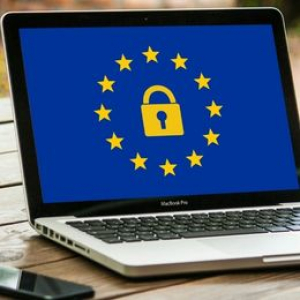
If you’re not sure what GDPR is, or what its implications are, it is a new law that has been in place since May 25, 2018. GDPR replaces the Data Protection Directive, which was in place from 1998. It requires companies processing the personal data of EU citizens to comply with its requirements, and non-compliance can result in fines of up to 20 million euros or 4 percent of the company’s annual revenues. One of its goals is to keep EU citizens informed about the use of their personal information.
GDPR gives EU users the right to complain about any misuse of their personal information. It requires organizations to maintain records of all processing activities, and if they have more than 250 employees, the law applies to them as well. Record-keeping must be in writing, but electronic records are acceptable if they are easily amendable. Detailed notes on how the data is stored are also required. In some cases, you may choose to keep your data electronically, but you should still note the purpose of collecting it.
The GDPR Policy is designed to protect the privacy and personal information of natural EU citizens. It protects the right to access personal data, and it mandates that companies only use this information when a customer has given it to the company. This can be for a contractual or legal obligation, or it can be in the public interest or in a court of law. If you’re unsure of what GDPR means for your company, you should consult an attorney specializing in data protection laws and regulations.
GDPR requires that organizations keep records on processing activities. This regulation is applicable to any company with more than 250 employees, which covers most businesses. This regulation also demands that organizations keep records on processing activities. It also requires that these records be in written form and be accessible by the public. Wherever possible, it’s preferable to keep electronic records, as they are more easily amendable. The GDPR also has rights pertaining to data portability, erasure, and rectification.
The GDPR extends the rights of EU residents. If an organization collects and processes PII outside the EU, they must also follow the GDPR. These laws are necessary to protect the privacy of EU citizens and their rights. The GDPR policy should also include the rights of companies and individuals. The policies should be in line with the EU Data Protection legislation and with the needs of their customers. And in many cases, it is the best way to stay compliant.
In general, the GDPR Policy is an important document to implement. It must be drafted and approved by an EU regulator. It should also state how and why the information is collected. If it is necessary, it will require a consent form. If the data collection is necessary for a contractual relationship, the data controller must abide by the law. If it is necessary for public interest, then the processing must be legal.
